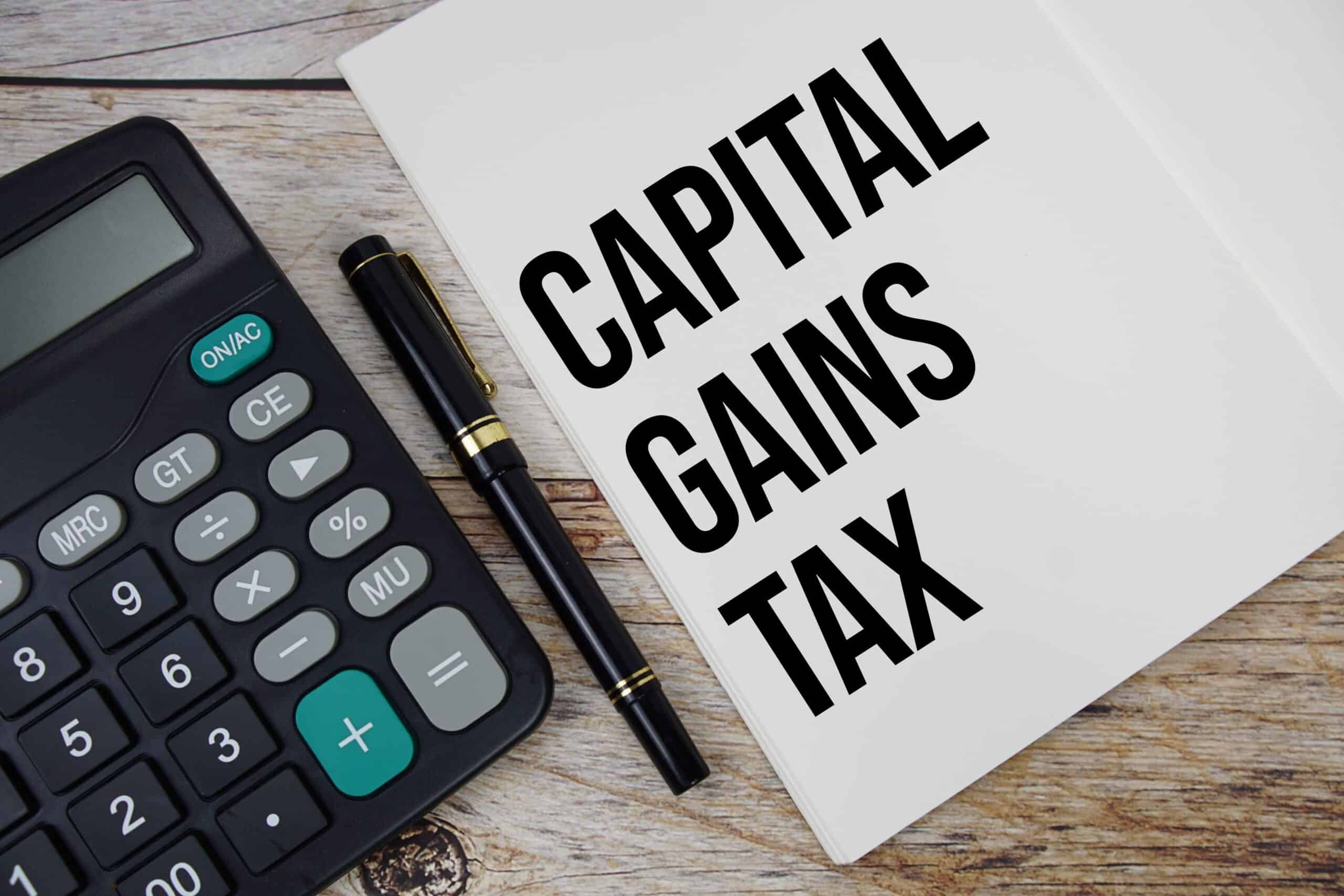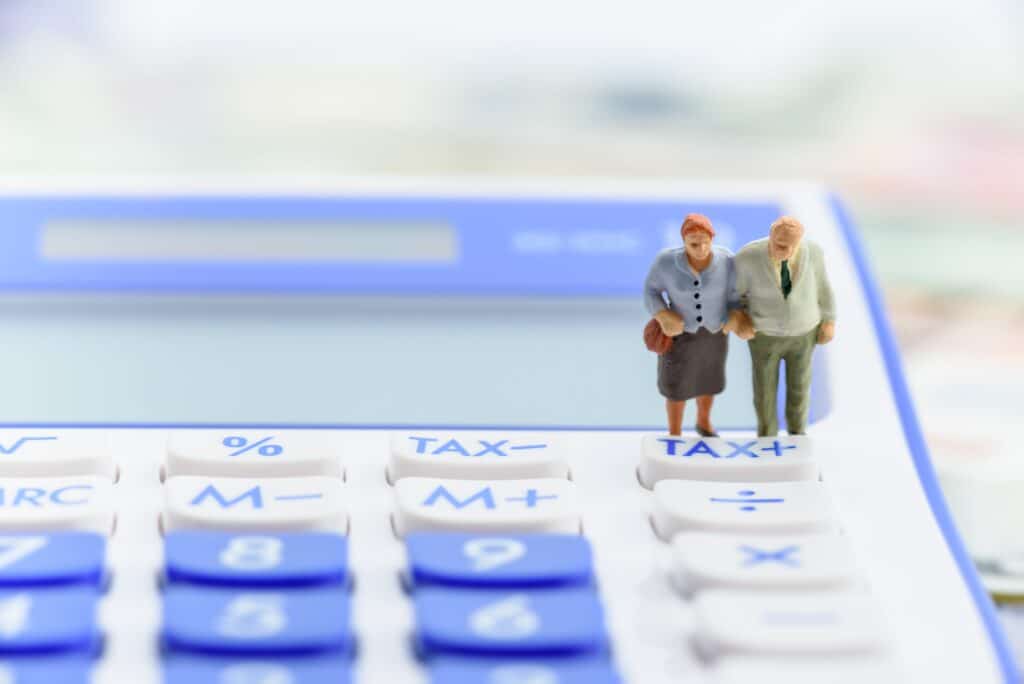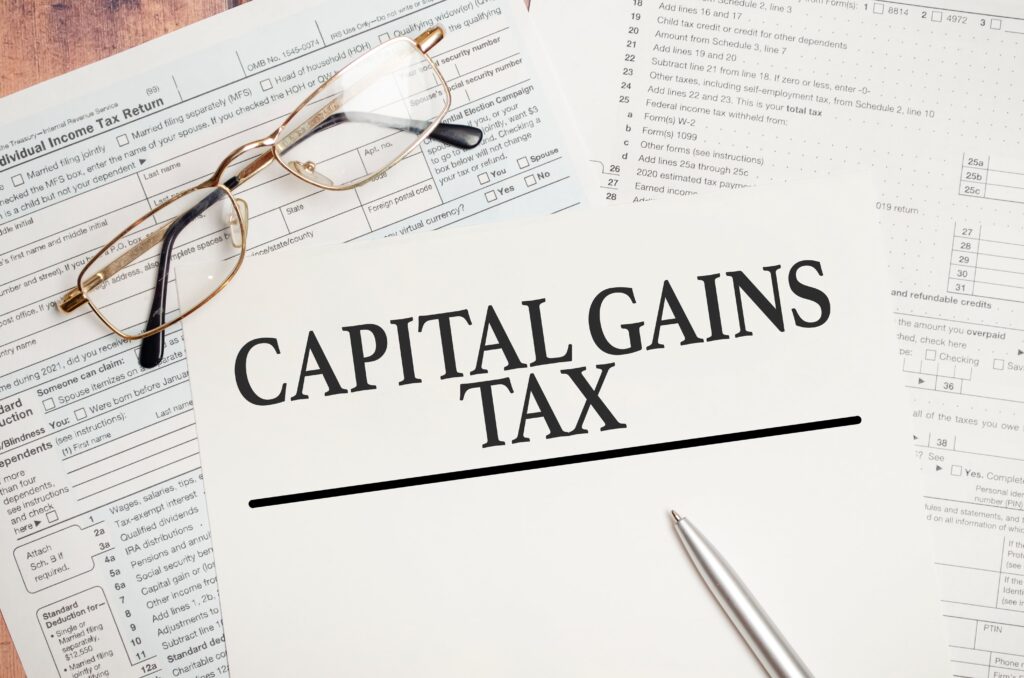Do I pay Capital Gains Tax when I sell my house?
When selling property, it’s important to budget for the sale as there are a few things you must pay for. You must pay your estate agent fees, which can total around £4000, conveyancing fees of around £700, and a new Energy Performance Certificate (EPC) of approximately £60.
But, is that all you have to pay, or will you receive a capital gains tax (CGT) bill?
Keep reading to find out more from the expert solicitors at GD Property Solicitors.
What is capital gains tax?
Capital gains tax is a tax on the profit when you sell (or dispose of) an asset that has increased in value. The gain you make is taxed, not the full amount of money you receive for said asset.
In legal terms, ‘disposing’ of an asset includes:
- Selling it
- Giving it away as a gift
- Transferring it to someone else
- Swapping it for something else
- Receiving compensation for it, such as an insurance payout.

What taxes do you pay when selling a house?
When selling a UK residential property, there are two taxes you’ll likely have to pay. They are: capital gains tax and inheritance tax.
Generally, you must pay capital gains tax when selling a property that’s not your main home, including buy-to-let properties, second homes, properties you’ve inherited, and properties used for business purposes.
You may also have to pay inheritance tax on your property sale.
If you inherited the house you’re selling, inheritance tax may have been payable by the estate of the person who passed away. If you’re selling the property to cover the inheritance tax bill, you may also have to pay capital gains tax on any increase in value since the date of death.
Do you pay capital gains tax on your primary residence?
Usually, you do not need to pay capital gains tax when selling your primary residence in the UK. This is because of a tax relief called Private Residence Relief.
You can avoid capital gains tax when you:
- Have one home and you’ve lived in it as your main residence for the entire time you’ve owned it.
- Have not rented it out.
- Have not used part of your residential property for business purposes.
- Have grounds less than 5000 square metres (just over an acre).
- Did not buy it just to sell it for a profit.
There are some instances where you may have to pay capital gains tax even if the property is your main residence. These instances include:
- If you haven’t lived in the property the entire time you’ve owned it – Private Residence Relief is based on the time the property was used as your main residence. The final nine months of ownership are considered a period of residence for capital gains tax purposes, even if you have moved out.
- If you have gained rental income from part of the property – You will owe capital gains tax on the portion of the gain of the rented area. You may be eligible for Lettings Relief, but this has been reduced.
If you have used part of the property for business – You must pay capital gains tax on your main residence if you’ve used it exclusively to run a business.

Do you pay capital gains tax on your secondary residence?
Yes, you do typically have to pay capital gains tax when selling a secondary residential property in the UK. As this property is not your main residence, you usually do not qualify for Private Residence Relief.
Your second property could well be used as a rental property or as a holiday home. Either way, as it’s not your main residence, you may have to pay CGT.
However, there are two ways in which you might be able to avoid capital gains tax on your second residence. They are:
- If you used the property as your main home for part of the time you owned it – It may qualify for Private Residence Relief if you used your second property as your main residence for a time. If this is the case, capital gains tax would only be payable on the value gain relating to the time that it wasn’t your main home.
- If you nominated the property as your main residence – If you own more than one property that could qualify as your main residence, you have two years to nominate which property is the main one. This way, you may avoid having to pay a large capital gains tax bill.
How is capital gains tax calculated?
So, now we know which properties you’ll have to pay tax on, let’s delve into how capital gains tax rates are calculated.

Capital gains tax rates
You may pay a different rate of capital gains tax on residential properties than you would on other assets for sales (disposals) on or before October 29th 2024.
You will also pay different capital gains tax rates depending on the type of income tax you pay.
From April 6th 2025, higher-rate taxpayers pay:
- 24% on gains from residential property
- 32% on gains from ‘carried interest’ if you manage an investment fund
- 24% on gains from other chargeable assets
From April 6th 2025, basic rate taxpayers pay:
- 18% on your gains from residential property
- 32% on your gains from ‘carried interest’ if you manage an investment fund
- 18% on your gains from other chargeable assets
Speak to GD Property Solicitors
Are you ready to sell your property but need the help of a professional team of conveyancing solicitors? If so, you’re in the right place!
At GD Property Solicitors, we’re a team of highly skilled and experienced property solicitors who can handle the purchase, sale, remortgage (and more) of properties all over the UK.
If you’re interested in speaking to us about your property sale, have some questions about capital gains tax and selling costs, contact us today. You can do so by calling 0161 710 1786.

